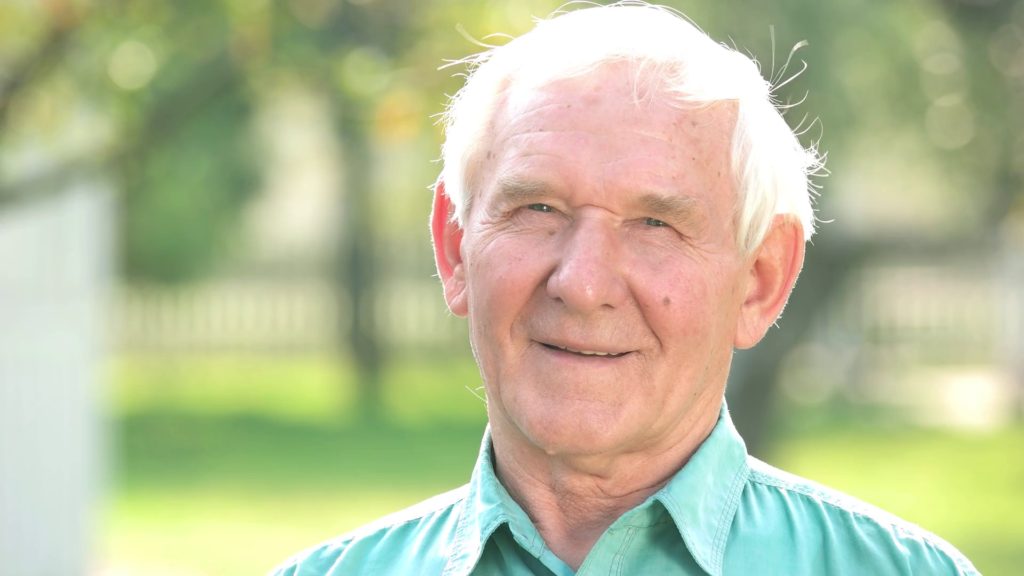Bob Smith, aged 79, excelled at sports when he was younger. In 1960, he enrolled at the University of California-Berkeley where he played football and rugby for three years. He later coached both sports after starting a professional career that included stints selling mortgages and later insurance.
Although he’s still healthy, Bob is feeling the aches and pains from the injuries he suffered during his sports-playing days. As he approaches his 80th birthday, Smith is looking ahead and using a reverse mortgage to cover future healthcare needs.

New research from Fidelity Investments forecasts the average 65-year-old couple will spend $300,000 on healthcare in retirement, while single women will spend $157,000 and single men $143,000. As retirees age, and the strain on government resources tightens, the strategic use of home equity can help retirees cope with these potential challenges.
“I wanted cash for elder care,” says Bob. “I set-aside some funds to pay for a new roof and other minor home repairs, but the majority is being used for future care needs.”
The last thing he wants to do is move into a nursing home. He bought a triplex in 1984 and currently lives in the ground floor space. The property is located in an ideal neighborhood not that far from the ocean.
“I don’t want to leave here. Yet someday, I may need to pay for a nurse to help take care of me. That’s why I looked into a reverse mortgage,” adds Smith.
He obtained his first reverse mortgage in 2017 and early in 2021 he refinanced that loan into a new reverse mortgage because his property value had increased thus enabling him to access more equity. In both cases, he obtained a private-label mortgage.
While most reverse mortgages made in the U.S. are insured through the Federal Housing Administration’s Home Equity Conversion Mortgage program, there is a growing market for private-label reverse mortgages. These loans are privately-insured by the mortgage companies that offer them. They are not subject to all the same regulations as HECMs, but as a standard best practice, most companies that offer them emulate the same consumer protections that are found in the HECM program, including mandatory counseling.
Private-label reverse mortgages can meet the needs of older homeowners whose properties are ineligible for FHA financing — such as units in non-FHA approved condominiums or some planned unit developments (PUDs) — or if their home values exceed the FHA lending limit.
“I sold FHA and VA mortgages for 20 years,” says Smith, “and I just felt more comfortable dealing with a private-sector reverse mortgage program rather than a government program.”
Smith worked with Ed Badrak, a reverse mortgage specialist with Reverse Mortgage Funding LLC who answered his questions and guided him through the process. “It was a well-organized process,” says Bob. “Ed was very learned about reverse mortgages and answered all of my questions.”
Smith’s home appraised for $3.2 million, which allowed Bob to pay off the balance on the first reverse mortgage and yielded a further $274,000.
“It’s not for everybody, but I don’t have any kids to leave the house to, so I thought it was the right choice for me,” says Bob. “It’s really important that you be strategic in your thinking and don’t waste the proceeds. You should have a reason for getting a reverse mortgage. For me, it was making sure I had money to cover my healthcare.”
(Editor’s note: Our borrower requested that we use a fictitious name to protect his privacy.)